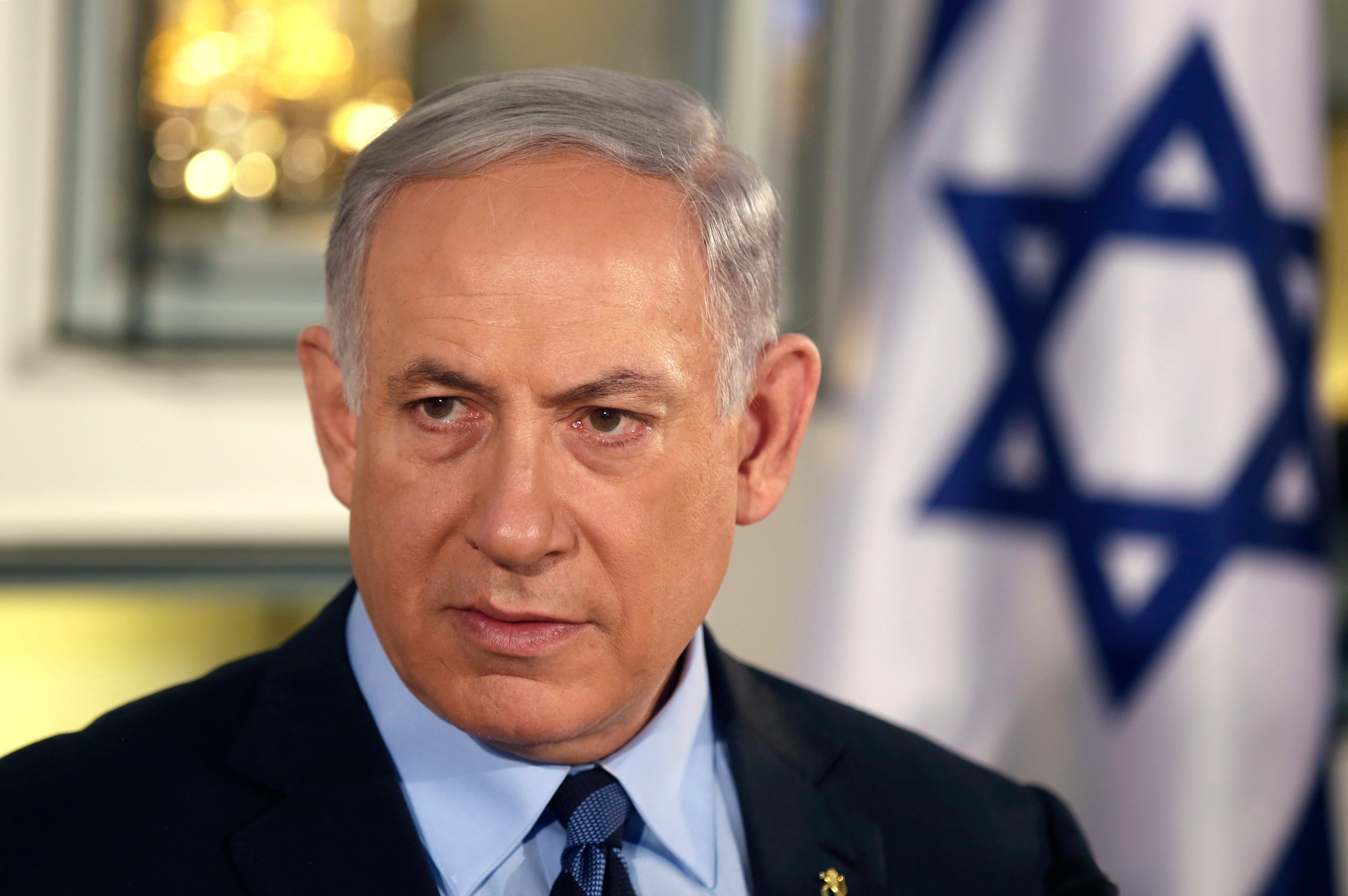
There is growing debate about the Boycott, Divestment, and Sanctions (BDS) movement against Israel on college campuses and beyond. With reports of anti-Semitism on campuses, the need to address this issue is urgent. Here are three critical points that are often lost.
1. Criticism of Israel doesn’t mean anti-Semitism. In decades of public life and Jewish and Israel activism, I have never heard anyone say that criticism of Israel is itself anti-Semitic. I have written and spoken critically of Israel, and I have invited critics of Israel’s policies—including Reza Aslan and Hussein Ibish—to speak at my synagogue, without receiving accusations of anti-Semitism. Accusations of anti-Semitism are sometimes used by flamethrowers to quiet opposition, but no responsible spokesperson in the Jewish world uses the epithet this way.
2. But anti-Semitic motivations are part of the movement. In a world in which there are few protests on campuses about Russia’s treatment of Ukraine, the Taliban’s treatment of women, or ISIS’s history of beheadings, the nation-wide focus on Israel raises some suspicions. According to a Pew Research Center, there are 49 countries where Muslims are the majority, 158 countries and territories where Christians are the majority, and one country where Jews are. Yet Israel is routinely condemned, and the court of common sense offers a strong verdict that anti-Semitism has something to do with it. This does not mean that all those who advocate BDS are anti-Semitic. But it does mean that anti-Semitic motivations are beneath the surface of some protests, and it is unsurprising that anti-Semitic symbols and tropes are often found in pro-BDS events.
3. The arguments for BDS don’t make sense. If you say it is because the U.S. gives Israel foreign aid, then what of Egypt, to which the U.S. gives about $1.3 billion a year in aid? Why no big campaigns when about 1,000 people are killed in Rabaa in a single day? If you say it’s to help the Palestinians, then BDS is a bad tactic because it could hurt the Palestine economy. If you say it’s for democratic reasons, then it’s by working within the democratic process, not by seeking to coerce it, that one gets results.
The BDS campaigns will not and cannot work. When a nation’s security is at stake, making the citizens feel less secure is not a recipe for compromise. A nation surrounded by hostile powers is not moved to negotiate by threats from friends. Boycotts are a blunt tool dropped into a delicate and ongoing struggle.
I am heartbroken over the decades of pain on both sides of the conflict. But the proliferation of anti-Semitic imagery along with one-sided evaluations of both the country and the conflict do not advance solutions; they polarize. Groups on campuses far away debating the issue doesn’t help those people in the region who must learn, together, how to live in peace.
More Must-Reads From TIME
- The 100 Most Influential People of 2024
- Coco Gauff Is Playing for Herself Now
- Scenes From Pro-Palestinian Encampments Across U.S. Universities
- 6 Compliments That Land Every Time
- If You're Dating Right Now , You're Brave: Column
- The AI That Could Heal a Divided Internet
- Fallout Is a Brilliant Model for the Future of Video Game Adaptations
- Want Weekly Recs on What to Watch, Read, and More? Sign Up for Worth Your Time
Contact us at letters@time.com